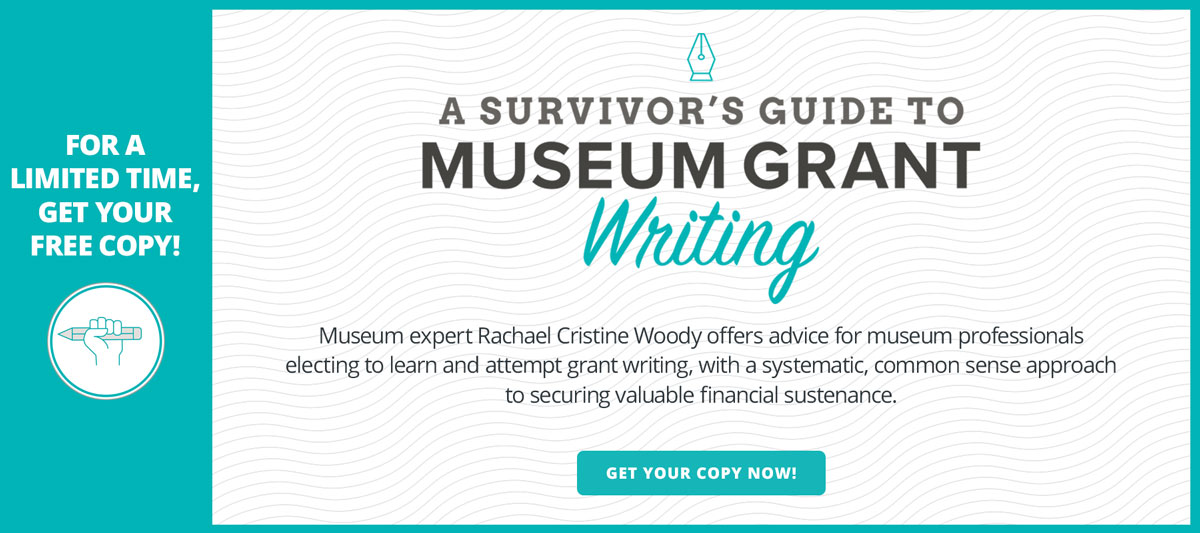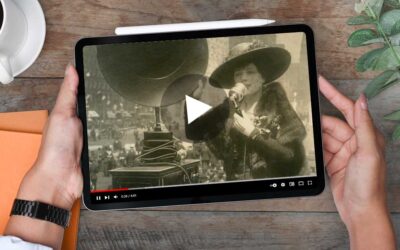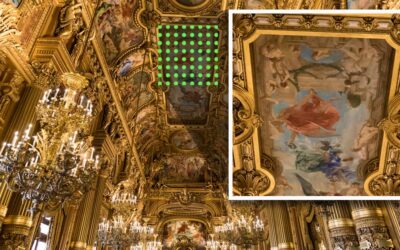How and When a Museum Should Hire a Grant Specialist

Rachael Cristine Woody
Taking grant writing workshops, attending funding agency webinars, and reading grant writing tips can be incredibly helpful, but sometimes you need a little extra help from a grant specialist. A grant specialist is not just a grant writer, they’re an expert in leading a museum though the entire grant acquisition process.
The grant acquisition process includes: cultivating a grant project idea, constructing a grant project framework, finding the right grant opportunities to apply for, writing the application, and managing the entire process to ensure project construction and application are done successfully.
Top four scenarios which indicate a museum should hire a grant specialist:
Scenario #1: The museum has no grant expert on staff and has no idea where to begin. The museum can’t get out of “overwhelm” mode to begin the necessary strategizing to move forward and begin applying. There are two main issues in this type of scenario:
1. The museum is unable to craft any grant project ideas that match up with the museum’s overall mission while also substantially meeting a museum need; or
2. The museum has a grant project idea, but isn’t able to evaluate whether the idea is a winning one.
In this scenario, the museum should hire a grant specialist who can lead the museum through the critical foundation work necessary in order to create a mission-aligned, compelling grant project that answers a direct need. Having a grant specialist lead a museum through this type of foundational work can be transformational and greatly impact the museum’s future success in grant acquisition.
Scenario #2: The museum lacks a development department and there’s no one on staff with experience in successfully finding and applying for grants.
This scenario assumes the museum has done some of the critical foundation work needed to construct grant project ideas, but lacks the expertise to confidently seek and apply for funding. While searching databases for funding opportunities can be a great place to start, critical thinking and assessment are necessary to evaluate whether there is a strong enough fit to warrant application. Additionally, every opportunity will be different with dissimilar requirements, forms, information needed, and language used. A grant specialist can cut down on significant staff time and angst by providing the museum with a grant prospect report that identifies strong funding opportunity matches. Working with a specialist can help you accelerate your grant acquisition timeline because you can confidently apply for the right grants the first time.
Scenario #3: The museum has a development department but the department lacks a grant specialist or someone experienced in writing and submitting grant applications for museums.
There are many museums who have a development department but lack a grant specialist. This is often because the museum’s previous focus has been on donor and corporate sponsorship and historically there hasn’t been interest in developing grant acquisition practices. In this case the issue can be a combination of the previous two scenarios in addition to not having support during the grant writing and application process. The grant writing and application phase of grant acquisition is the most well-known issue, and is the most common scenario when a museum should hire a grant specialist. Museums may be able to sufficiently craft a winning grant project idea and may even be able to find suitable funding opportunity matches. However, they frequently aren’t able to write a compelling funding proposal, nor navigate the often-esoteric grant application systems in order to successfully complete each application requirement.
Scenario #4: The museum has a development department with a grant writer on staff, but has been repeatedly unsuccessful in acquiring grants.
Usually in this case the museum’s grant writer isn’t familiar or up to date with museum funding trends, professional standards that should be employed in projects, or other unknown factors that can be revealed by outside assessment. This scenario can be tough as it can be incredibly sensitive to navigate. Nonetheless, it’s common and can be addressed by bringing in outside expertise. Funding agencies, regardless of the field they support, will have trends that are either purposefully cultivated or toward which they naturally gravitate. Staying on top of funding trends and researching funding agency award histories are necessary parts of the job when it comes to grant acquisition strategy. This is an area that can easily slip, and museums can lose touch or misjudge funding trends.
Conclusion
Funding opportunities are highly specialized for the museum field and, as a result, a grant specialist needs to be fluent in both the grant application process and museum special projects. If you believe your museum should hire a grant specialist, it’s very important to select a specialist who is familiar with the museum field. Otherwise, working with the wrong professional can waste time and money you don’t have. Museums can find grant specialists via consultant directories maintained by history organizations and nonprofit management agencies. Grant specialists will each have their own preferred method of working with museums, though it’s recommended you seek to develop a relationship with one grant specialist who can support the museum through all phases of the grant acquisition and management process. The more times you and the grant specialist work together, the easier and more seamless the grant acquisition process will become. Consider it a very worthwhile investment in the museum’s long-term financial wellbeing.
The CMS Digital Exhibit and Story Pathways
Digital exhibits provide powerful ways to engage audiences, but choosing the right story pathway is key. Explore how different exhibit structures—linear vs. multi-pathway—shape the visitor journey.
Captivating Story Delivery with a Multimedia Player
Explore how museums can enhance storytelling with multimedia players, using audio-visual materials and archival content to create engaging digital narratives.
How to Use Slideshows and Flipbooks to Offer Engaging Museum Story Visuals
Museums thrive on storytelling, and the right digital tools can make all the difference. Slideshows and flipbooks offer an engaging way to showcase collections, drawing visitors in with dynamic visuals and interactive elements.
Zooming Into Story Details:
How Museums Can Enhance Storytelling with Visual Tools
Visual tools such as zoom are crowd pleasers when presenting visual content online, allowing museums to create immersive and engaging digital experiences.




